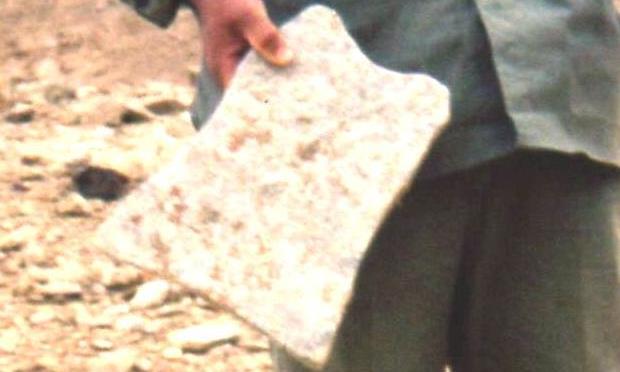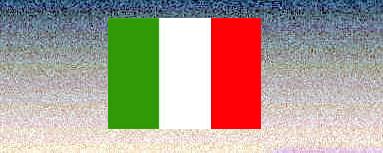MOSES THE GREATEST OF THE PROPHETS
And there arose not a prophet since in Israel like unto Moses, whom the LORD knew face to face,
In all the signs and the wonders, which the LORD sent him to do in the land of Egypt to Pharaoh, and to all his servants, and to all his land,
And in all that mighty hand, and in all the great terror which Moses shewed in the sight of all Israel. (Dt. 34, 10-12)
These are the last verses of the Pentateuch, four books of which are entirely dedicated to Moses, certainly one of the most imposing figures of humankind, who changed forever the course of history.
When, in a remote corner of the Sinai desert, Moses gave his little tribe of nomadic shepherds the tablets of the commandments, he certainly did not imagine that he was laying the foundations of a religion destined to take its place in History and spread its ideals and its laws throughout the whole planet. But even if he had been able to foresee this, he surely could never have imagined that the main beneficiaries of his spiritual inheritance, in the climactic moment of his triumph, would start to doubt whether he had ever existed. A strong modern scientific current, passing transversally through Jews, Christians and non-believers, now casts doubt on the historicity of the first books of the Bible and the very existence of characters like Abraham, Isaac, Jacob, the father of the people of Israel, and especially Moses, the true originator of it all.
How this conclusion was arrived at and why, whether by conviction, calculation or something else, is not a theme that I intend to deal with. I assert my profound conviction that Moses, as an individual figure, really existed. A problem then arises.
Mohamed left descendants that reign on all the Arab thrones. Buddha left descendants, still respected and venerated in all those countries that adopted his doctrine. Throughout the world thousands of people, the Cohanim, the Jewish priestly class, declare themselves to be directly descended from the man who the Bible presents as Moses' elder brother, Aaron.
And Moses? What happened to his line? Where are his descendants? Why does nobody today claim the greatest of the prophets among his/her ancestors? If Moses had descendants, in addition to his spiritual inheritance he must have left a material, genetic inheritance, and the genes transmitted directly from his seed should be found in the DNA of a great number of people today. But who are these people? Where are they? Why do we know nothing about them?
By examining the information contained in the only truly “historical” document we have on the subject, the Bible, one discovers a surprising quantity of precise and detailed information on Moses' family, allowing us to establish with certainty that he had descendants and to reconstruct the relevant events regarding his family in a thorough and reliable way for the whole historical period covered by the Bible.
According to the universally recognized and accepted tradition, all the Jewish priests descend from Aaron. It is a tradition that was born at the time of and as a result of the works of Ezra, which since then has been continually reasserted with force and conviction, to the point of becoming an unquestioned truth that nobody has ever dreamed of casting doubt on. But it is a truth that it is easy to disprove on the basis of the information provided by the Bible, from which it appears in all evidence that they descend instead from Moses itself.
Whether the truth is on one side or the other, however, is not relevant, as Moses and Aaron, being brothers, had the same DNA and shared the same genes. Very good genes, indeed, which spread in an impressive way through the whole world.
Moses' parents
Moses' Egyptian family
Moses' Midianite family
The great ancestor of Eli
When the priestly lineages changed from Moses to Aaron
master of survival
Mithras and Jesus
The two sides of a same coin
The Gens Flavia
The donation of Constantine
The responsibles of the fall of the western Roman empire
Back to power
Heraldry a catalogue of priestly families
- Back: "home"
- Buy a book


